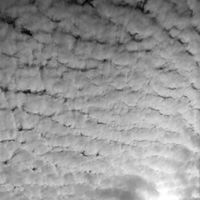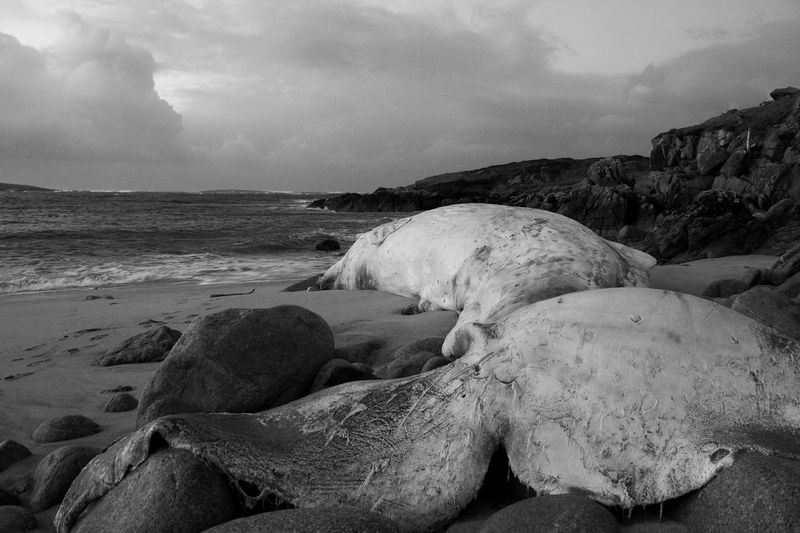Our Frontage on the Natural World
‘Connemara – the name drifts across the mind like cloud shadows on a mountainside, or expands and fades like circles on a lake after a trout has risen.’
Setting Foot on the Shores of Connemara, p. 53
‘Imagine a world in which time and space are hardly separated, when there are pools of time landlocked in space and islands of space cut off in time, and everywhere and everywhen is blanketed in a boggy mixture of the two. A hunter-gatherer comes splashing and slipping, sweating and swearing, through this world which is her world, and stops on a little promontory between a sea full of islands and a land full of lakes, to draw breath. And the breath she draws is loathsome, fetid, corrupted. Wedged between sealicked boulders nearby is a huge carcass. The pioneer picks her way around it delicately, respectfully, never having seen such a monster before, dead or alive; half her tribe could huddle under the vaulted roof of its skeleton. Perhaps her conception of the edge of the future is different from ours: rather than a wave for ever breaking over us from ahead, as it seems to be for us, it may form a mist-circle around her that accompanies her in any direction she chooses. But she might already have an inkling of a beginning here, a tendency for time to trickle in one direction only. She will report to the others what she sees and smells on the promontory of the beast, or of the whale, and the phrase will be repeated, and become a placename, a marker of a place fixed in its place and resistant to the flux of time so that it will be translated from language to passing language, to reach our age as Ros a’ Mhíl, the promontory of the whale.’
Gaelic Kingdom, p. 269





